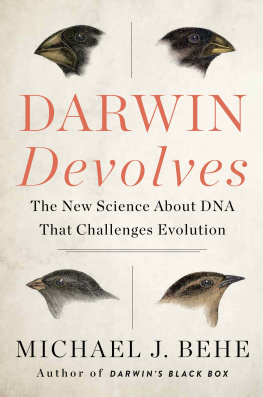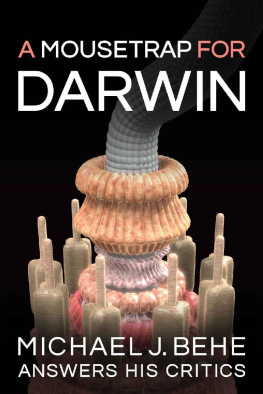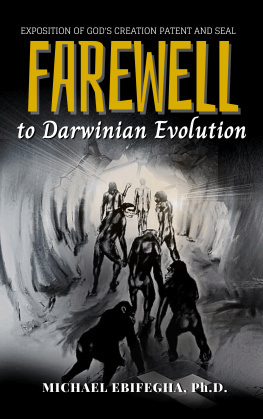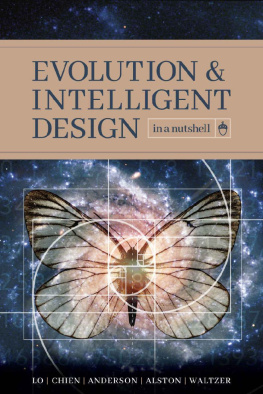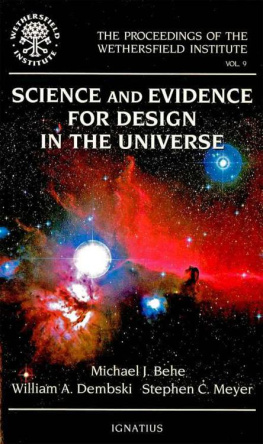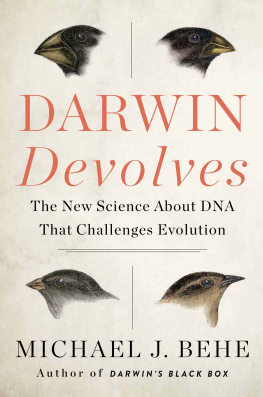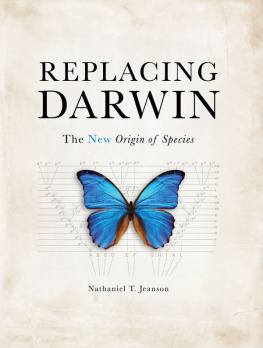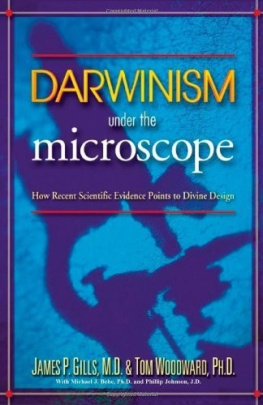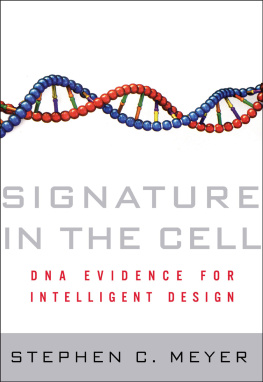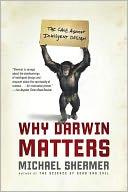W hen I was a kid I would lie awake some nights pondering existential questions: What is thought? Why am I me? How did the world get here? I admit I was a peculiar boy, but over time I found that nearly all my friends had asked themselves such questions too. It seems to come naturally with having a mind. Most of the time were distracted with everyday activitiesTV, school, dinner. But once in a while, in a quiet moment, we realize that something completely different must have happened to give rise to what we call ordinary life.
Later I learned that not only young people ask that last question; young civilizations do too. Discussion of the enigma of where nature came from goes back as far as there are written historical records and, with a few lulls, has continued strongly up to the present. Yet despite the long and varied history of discourse, all particular positions on the topic can be considered to be elaborations on either of just two general mutually exclusive views: (1) contemporary nature, including people, is an accident; and (2) contemporary nature, especially people, is largely intendedthe product of a preexisting reasoning mind.
I will argue in this book that recent progress in our understanding of the molecular foundation of life decisively supports the latter view. To help frame the issues well consider later, lets first briefly recall a few highlights of what earlier writers thought about nature and purpose.
Throughout History
The first person known to have discussed the likelihood of teleologypurposein nature was a Greek named Anaxagoras, who was born about the year 510 BCE in a region thats now part of Turkey. He thought, roughly, that the elements of matter originally were chaotic, fragmented, and mixed, but were then purposely arranged into their present form by nous, the Greek term for mind. His student Diogenes of Apollonia was even more explicit: Without an intelligence it would not be possible that the substance of things should be so distributed as to keep all [nature] within due measure.
Now, remember, were looking back on an era when the elements were thought to be earth, air, fire, and water; little was known then about the composition and properties of nature beyond what could be seen with the naked eye. Whats more, the very ability to frame the right questions and deal with fair objections was still rudimentary. It turns out that the basic question nearly all reasoning people (even kids) ask, Whence nature? is much more involved than its length might suggest. Finding a good, justified answer necessarily depends on our understanding of both nature and logic. In turn, that means the answer depends on progress in both science and philosophy.
The epitome of science in the classical world was arguably the work of the second-century Roman physician Galen, who had a very definite point of view on the origin of nature. In his book On the Usefulness of the Parts of the Body, which provided a sophisticated functional analysis of its subject matter, Galen concluded that the human body is the result of a supremely intelligent and powerful divine Craftsman, that is, the result of intelligent design.
Not everyone in ancient times, however, was on board with that claim. Rejoinders to design included types of arguments we still see today, such as that a good designer wouldnt allow humans to suffer and that no designer would make such foul creatures as moths and snakes. A contrarian school of thought called atomism held that nature was composed of just atoms and void and that occasionally by serendipity atoms would aggregate into something larger. Like a primitive form of Darwins theory, the argument continued that if perchance the aggregate formed an organism that could survive, then it survived; if not, it didnt; so its no surprise that we now see what we see, you see. Critics retorted that they never saw particles coming together by chance to form even a simple house, let alone an enormous complicated universe.
When Christianity appeared, the design view gained a new source of support. The second-century Christian writer Tertullian pointed to perceived workmanship in the forms and functions of insects. The contemporary theologian Origen argued that the skill needed to construct animals indicated the highest intelligence. The great fourth-century philosopher-theologian Augustine of Hippo shared such views and added his own points, including that: (1) we see only facets of the design mosaic, and so cant fairly judge the whole; (2) the structures of the smallest creatures are as wonderful as those of the largest; and (3) humans are more remarkable than other animals because they possess reasonmind itself.
Over the next thousand years the topic was put on the back burner, perhaps because, with the establishment of Christianity as the dominant religion of the West, the designedness of nature was a widely shared view rather than a matter for dispute. However, the accelerating progress of both science and philosophy from the Middle Ages onward rekindled discussions. The sixteenth-century English philosopher Francis Bacon urged science to rely on inductive reasoning in its work and to separate itself from philosophy. (The two had overlapped considerably until then. In fact, what we now call science was then called natural philosophy.) The eighteenth-century Scottish philosopher David Hume attacked inductive reasoning in general and the design argument in particular. He argued that, in order to think that our world was designed, we would need to have much experience examining other worlds that had been designed. Since we have no such experience, he concluded, the design argument is not justified. Several decades later, the Anglican clergyman William Paley, ignoring Hume and drawing on sophisticated work in biology, presented the watchmaker argument (discussed in )widely considered to be the strongest, most detailed case for design up until his day.
About sixty years later Charles Darwin parried Paleys argument. He proposed that there was a hitherto unrecognized natural process that, over a very long time, could imitate the results of purposeful designnamely, natural selection acting on random variation. That contention obligated design proponents to dispute its plausibility at an intricate biological level, so the depth and breadth of knowledge required for meaningful discussion skyrocketed. In practice, although most biologists of his day were skeptical of Darwins proposed mechanism of evolution, the very broaching of a seemingly plausible nondesign explanation led most scientists to abandon the idea of a discernible purpose in the structures of life, so few were left to argue the point.
Recall, however, that the state of the design argument depends on our understanding of science and logic, which has accelerated explosively since Darwins day. The development of analytical philosophy in the early twentieth century encouraged much more rigorous arguments; advances in formal logic and probability theory, such as Bayes theorem, made that easier. Whats more, not all scientists had abandoned design. Among them was Alfred Russel Wallace, who, along with Darwin, is credited with being the cofounder of the theory of evolution.
Wallace thought that much of nature showed strong evidence of purpose, as he forcefully conveyed in The World of Life: A Manifestation of Creative Power, Directive Mind and Ultimate Purpose

